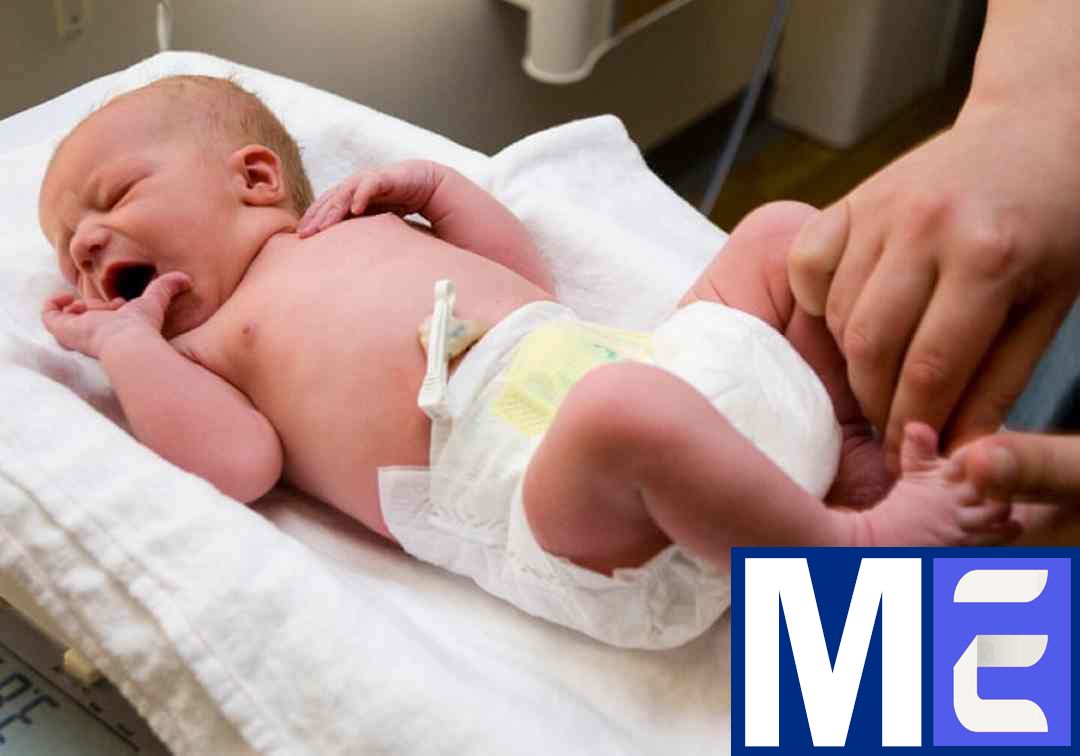4 key elements have been recognized that collectively account for greater than one-third of the inequalities in toddler deaths between essentially the most and least disadvantaged areas of England.
Researchers say focused interventions to handle these elements – teenage being pregnant, maternal despair, preterm delivery and smoking throughout being pregnant – might go a major solution to scale back inequalities, though higher-level structural adjustments to handle socioeconomic inequality may also be obligatory.
The UK at the moment ranks tenth out of 38 OECD nations for toddler mortality (deaths in youngsters underneath the age of 1), with 4 deaths recorded per 1,000 reside births.
Kids born to moms who’re poor, black or younger are recognized to be at elevated threat, however the place youngsters are born additionally issues: based on ONS information for 2022, the mortality price for infants in essentially the most disadvantaged 10% of England was nearly thrice increased than for infants dwelling within the least disadvantaged 10%.
“The inequality in toddler mortality is at an alarming stage,” mentioned Dr Frederick Ho on the College of Glasgow’s Faculty of Well being, who led the research. “We additionally know that toddler mortality is an indicator of extra basic effectiveness within the healthcare system. We needed to grasp the explanations for this inequality, as this might have coverage implications for whether or not we might use the healthcare system to scale back or to remove it.”
To research, Ho and his colleagues examined 392,606 linked mom and toddler well being data collected throughout England between 2004 and 2019, taking a look at how 24 completely different social and organic elements could have contributed to toddler deaths throughout this time.
The research, printed in The Lancet Regional Well being Europe, discovered that infants in essentially the most disadvantaged areas had double the mortality price of these within the least disadvantaged areas throughout the research interval, and recognized 4 elements – preterm delivery, smoking throughout being pregnant, teenage being pregnant, and maternal despair – which collectively accounted for 38% of this inequality.
Whereas smoking and maternal despair could have an effect on the organic improvement of infants, with downstream implications for his or her well being, the affiliation with teenage being pregnant could relate extra to circumstances akin to lowered entry to pre- and postnatal care, or entry to fewer monetary assets, Ho mentioned.



